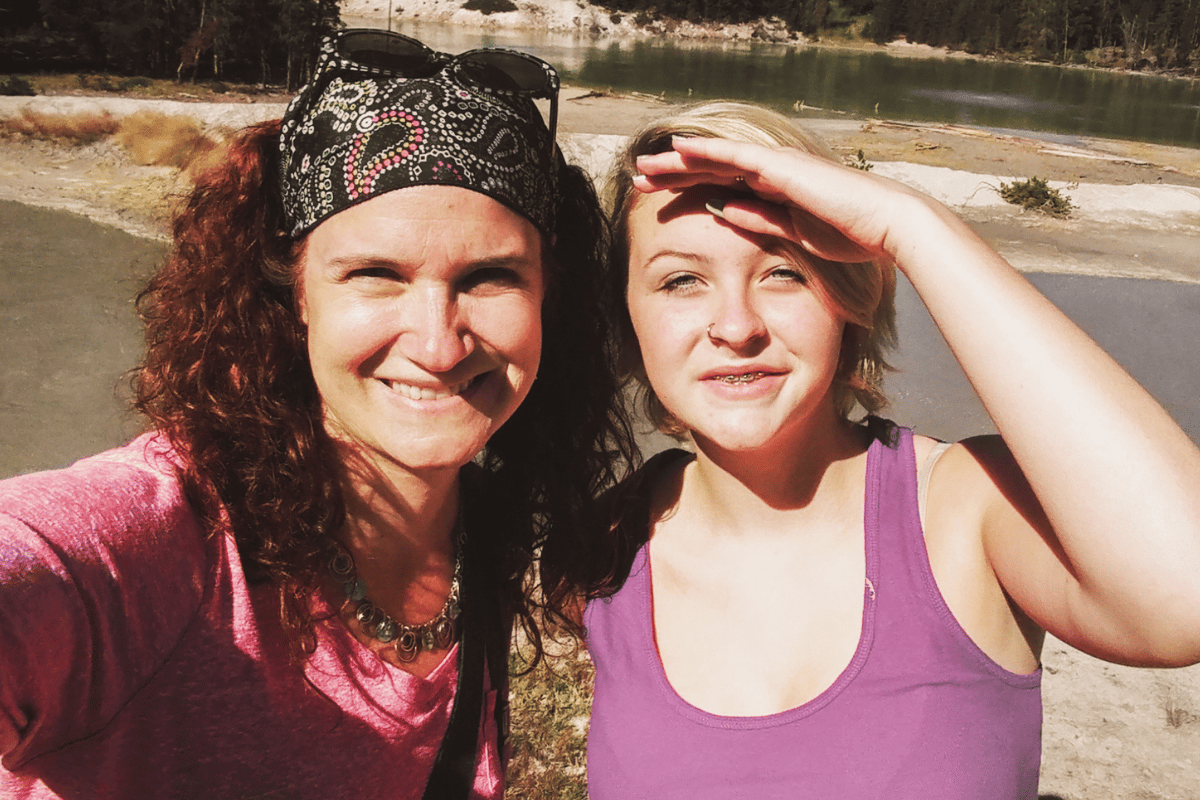
A few weeks ago, I bumped into my childhood friend's mum. It had been years since we'd last spoken, but within seconds, we were deep in a fast-paced catch-up on life.
There's something incredibly comforting about chatting with the mother of someone you grew up with.
I had a lot to share. Let's just say, my life has veered wildly off course — more than once. Hers had too.
She spent years navigating the chaos of solo parenting, full-time work, endless life admin, and tricky exes, all while trying to carve out a little time for herself.
WELL: How to Discuss Burnout with Your Doctor. Article continues after the video.
Being older and wiser than me, and always so effortlessly confident, I asked her how she did it — how she always seemed to hold it together.
How do you focus on any one thing when everything feels urgent, and all the parts of life bleed into one?
She told me she thinks of her life as a pie. One slice is for her kids. Another is for work. One's for hobbies and self-care. There's a slice for life admin. And a small one left for dating.




























































































